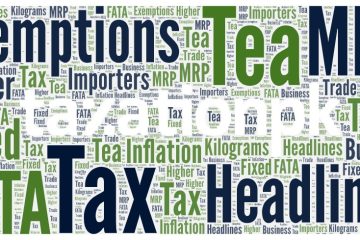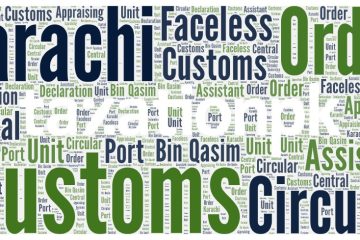FBR issues 100% tax notices to teachers and researchers, demanding backdated payments, while the government seeks IMF approval for a 25% tax exemption.
The Federal Board of Revenue (FBR) has recently intensified its efforts to enforce tax collection by sending notices to teachers and researchers across Pakistan, demanding full income tax payments. This move has sparked controversy, as it also includes backdated tax claims from July 2022, which is when a 25% tax exemption for the education and research sector was purportedly revoked.
For nearly two years, the FBR refrained from issuing tax notices to these professionals, who had previously enjoyed a 25% tax exemption on their income. However, FBR officials recently revealed that they had only become aware of the revocation of this exemption in 2024. The government had initially introduced the tax relief to encourage the development of the education and research sectors, but the Finance Act of 2022 officially ended the exemption, making it a part of the tax code.
The Latest FBR Actions
On January 14, 2025, FBR sent a warning notice to the National University of Sciences and Technology (NUST), instructing the institution to collect the full amount of taxes from its faculty members. The notice specifically cited the failure to comply with these demands, warning that the university could face actions under Section 161 of the Income Tax Ordinance, which allows FBR to take legal measures against non-compliance.
These notices have drawn significant criticism from teachers and researchers who have long benefited from the exemption. The Federation of All Pakistan Universities Academic Staff Association (FAPUASA) condemned FBR’s decision to remove the tax relief, arguing that the move would place an unfair financial burden on an already underpaid and overworked sector.
Government’s Efforts to Seek Exemption Restoration
In response to the backlash and the growing frustration within the education and research community, the government has sought approval from the International Monetary Fund (IMF) to restore the 25% tax exemption for teachers and researchers. Finance Minister Muhammad Aurangzeb reportedly directed FBR to raise the issue with IMF, and according to sources, the IMF has agreed to support the restoration of the exemption.
The minister is expected to make an official announcement when the Tax Laws Amendment Bill is presented to the National Assembly. The restoration of the tax exemption would provide much-needed relief to educators and researchers, many of whom are already facing financial challenges due to inflation and insufficient salaries.
Impact on the Education and Research Sector
The removal of the 25% tax exemption has far-reaching consequences for the education and research sector in Pakistan. Teachers and researchers, who are often among the lowest-paid professionals in the country, face significant financial strain due to rising costs of living. The tax exemption was seen as a way to support these professionals, who play a crucial role in shaping the future of the country by educating the next generation and contributing to research and development.
Without this exemption, many educators worry that the already strained education system will suffer further. If the tax relief is not restored, it could also discourage talented individuals from entering or remaining in the teaching and research fields, potentially leading to a brain drain where skilled professionals seek better opportunities abroad.
Public and Institutional Reactions
The education community, represented by organizations like FAPUASA, has been vocal in its opposition to FBR’s actions. The Federation argues that teachers and researchers should be given more support, not additional tax burdens. The association has called for the immediate restoration of the tax exemption, emphasizing that this would help foster growth and development within the country’s education and research sectors.
Institutions like NUST, which have been directly impacted by FBR’s notices, have also expressed concern over the increased financial strain. With the added pressure of compliance, universities may face difficulties in managing their budgets, which could lead to cuts in resources, salary delays, or reduced funding for research initiatives.
Looking Forward
The ongoing issue between FBR and the education and research sector is a reflection of the broader challenges faced by the Pakistani tax system. As FBR pushes for full tax payments from teachers and researchers, the government’s negotiations with the IMF offer hope for the restoration of the 25% tax exemption. The outcome of these discussions will be crucial in determining whether Pakistan’s educators and researchers receive the financial relief they need to continue their work without additional burdens. As the situation develops, it is clear that the balance between taxation and incentivizing the education sector will remain a central issue for policymakers.







